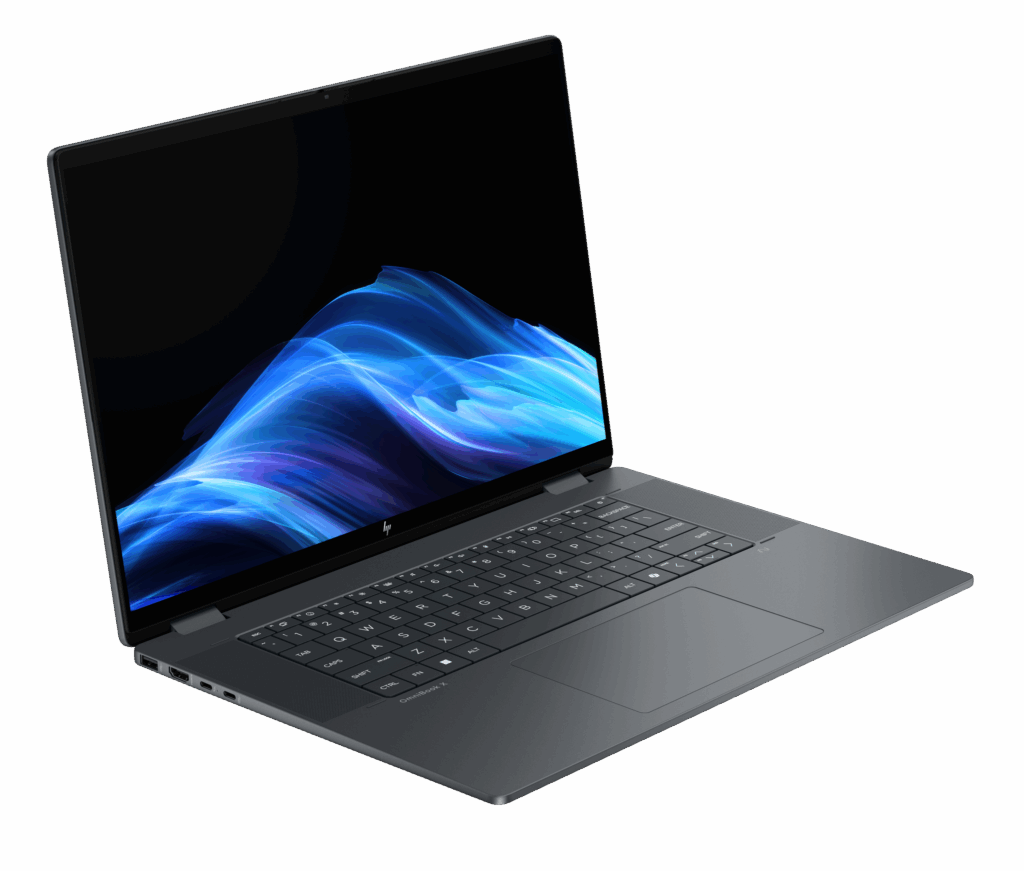While PC demand is increasing this quarter, the problem with this segment is a general lack of product marketing. Early in the creation of the PC market, the component and software vendors (mostly Microsoft) came up with the concept of MDF, or Market Development Dollars. These were funds kicked back to OEMs that were supposed to fund demand-generation projects. Initially, they successfully funded a massive increase in PC coverage across the full spectrum of media types, including TV.
But MDF rules weren’t enforced, and competitive pricing wars and the nature of common central hardware made margins problematic. The OEMs started using the MDF funds as a discount rather than a marketing mandate. As a result, while the money is still being funneled to the OEMs and comes out of the budgets for companies like AMD, Intel, and Microsoft, it isn’t going into demand generation efforts which collapsed many of the publications and TV shows that once covered tech and put PCs at a disadvantage against other product categories that are now better marketed.
Let’s talk this week about why MDF failed and why it needs to be fixed.
The Importance of Demand Generation
Whether we are talking about individual buyers or corporations, no one has unlimited funds. When anything is bought, it is at the expense of something else the buyer doesn’t want as much.
When done correctly, marketing allows products individually and collectively in segments to compete with other potential purchases, not just of equivalent products, but of other things the buyer wants or needs. For instance, an individual buyer may choose between getting a new appliance and a PC, while a corporate buyer may choose whether to refresh an installed base of PCs or update some other part of their infrastructure.
The choice is often less about true need than it is about perceived need. If the users are upset that the Wi-Fi isn’t working as fast as it should but are good with the PCs they’ve got, that makes the buyer’s job easy. Marketing should, at least, make this a harder decision, and, at best, have PCs highlighted as the greater need, thus driving revenue into the segment.
When product marketing is done well, and this includes product placement in TV and movies, individual buyers buy the specific product they have been influenced to want and don’t pay as much attention to competing offerings. When marketing is done badly, then product placement, retail salespeople, friends and family, and other information sources out of the control of the OEM or parts supplier influence what the person ends up buying, making it far harder to sustain volumes.
Finally, adequate marketing helps set the image of the product and company. Inadequate marketing leaves both to chance. False or old perceptions can linger indefinitely because the mechanism to correct them is non-existent or underfunded.
Wrapping Up: MDF’s Failure Is Apple’s Benefit
To a large extent, MDF was meant to offset Apple’s significant marketing advantage in the segment. While even Apple doesn’t fund demand generation marketing as aggressively as it once did, it still outspent and out executed its Windows PC peers.
The result is that even against premium products from companies like Dell, HP, and Lenovo, Apple tends to outperform, particularly on margins, because even though people actually get less value for the money, buyers believe the opposite is true. This allows Apple to enjoy significantly better financial performance. Recall that back in the 1990s while MDF was still working, Apple was on the ropes and unable to compete, and Windows 95 nearly wiped Apple out until Microsoft crippled its own marketing efforts, Steve Jobs came back and fortunes changed dramatically for the company.
As we roll out AI PCs, MDF becomes ever more critical as it can help better position the advantages of AI and individual AI PCs against the growing market opportunity. Without this effort, there is an increasing possibility that Apple, even though it’s late, will eventually take the AI lead away from the Windows PC segment.
If AI PCs are to reach their true potential, MDF must be made to work again or killed, because right now, it isn’t doing what it needs to do and demand generation is suffering as a result.
- The HP OmniBook X Flip 2-in-1 16-Inch: Your New Digital Swiss Army Knife (Now in Glorious Atmospheric Blue) - June 25, 2025
- The Open AI Avalanche: Why AMD’s Collaborative Spirit Is Outmaneuvering NVIDIA’s Empire - June 22, 2025
- Lenovo Embraces OpenBMC: A Step Towards Greater Transparency and Control in the Data Center - June 17, 2025



